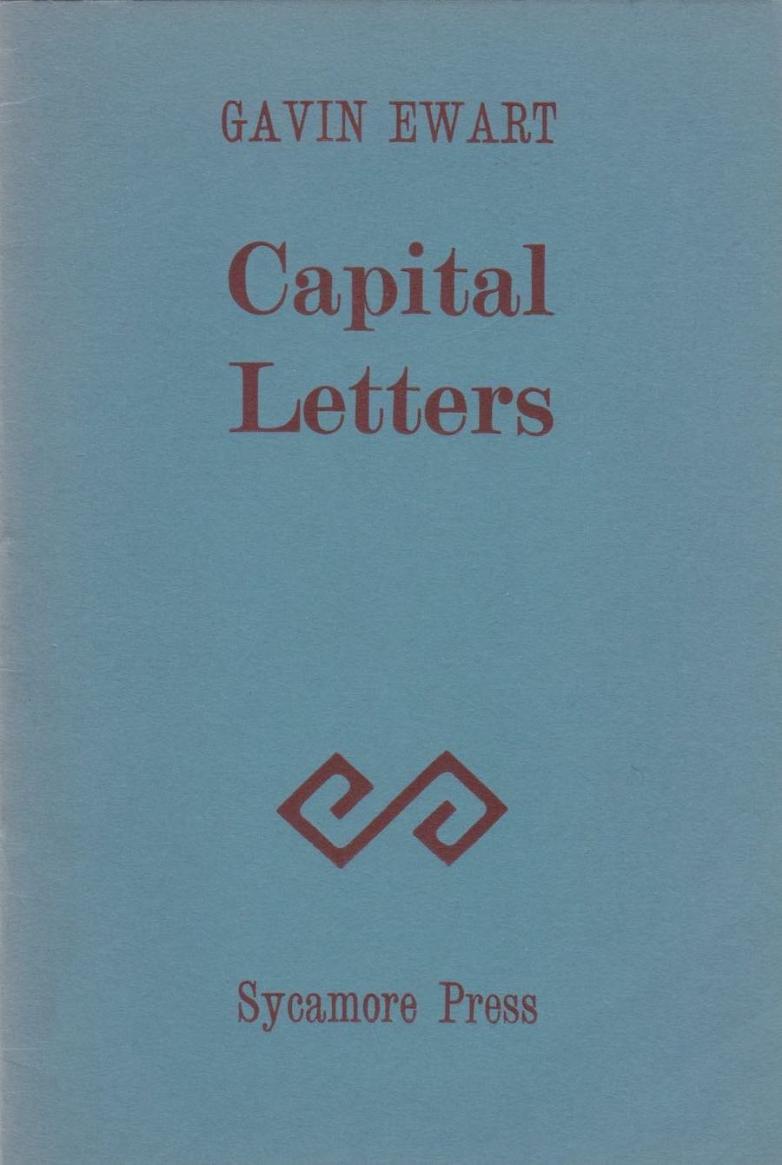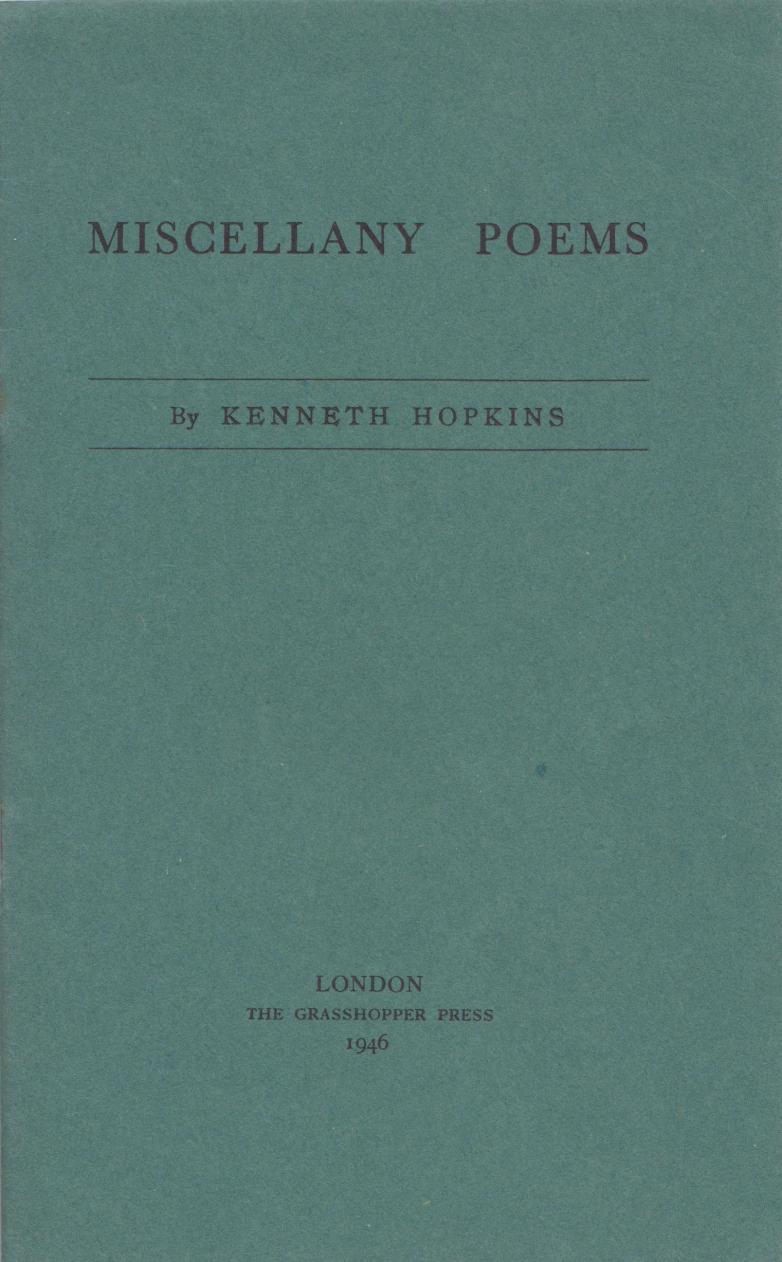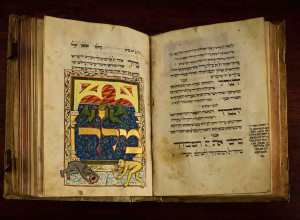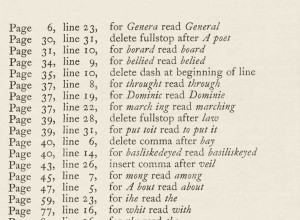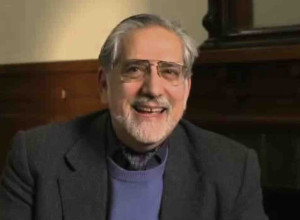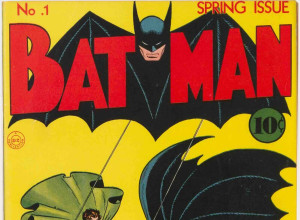One often hears the complaint that book collecting has a certain price of admission, and it can certainly be easier to build a collection if funds are readily available – but necessity is often the parent of ingenuity! To demonstrate that the formation of a rare book collection on a budget is not only still possible but also interesting and fun, I recently explored London’s famous Charing Cross Road – long a destination for book lovers and collectors – with a £5 note in hand (about $6). The goal of my ‘£5 challenge’ was to spend no more than that sum on rare and interesting pieces that could be the starting point of a prize-worthy collection. My first expedition to Any Amount of Books was even more successful than anticipated: after carefully sifting through the basement shelves, I found a number of candidates.
The first, a slim volume titled Capital Letters by the poet Gavin Ewart (1916-1995), was a poetic correspondence between ‘Flétrie’ and ‘Félicité’ – a wonderful example of his “light- hearted verse that was known for its irreverence, sexual content, and effortless technical skill” (Poetry Foundation). It was published by John Fuller’s Sycamore Press in Oxford in 1983. The second find, a copy of Kenneth Hopkins’ Miscellany Poems (1946) inscribed by the author, was privately printed by Hopkins’ own Grasshopper Press in London, which he had established because, as he explained in his autobiography The Corruption of a Poet (1956), “nobody else would publish my poems.” Both volumes would make good additions to a collection of British post-war poetry. My third discovery was an English language, Eastern German travel guide to East Berlin from 1988, the year before the Berlin wall would come down, which was possibly one of the last pieces of propaganda for visitors produced during the Cold War. Advertising East Berlin as a tourist attraction, this volume is colorfully illustrated with photographs of happy tourists and workers enjoying verdant parks and patriotic parades. These three titles cost £5 in total – the price of two coffees.
While some may feel that the disappearance of high street bookshops may make it harder to find such bargains, there has been a corresponding boom in the number of dealers trading online that offers different routes of exploration. Moreover, in order to adapt to the social distancing and self-quarantine measures of recent weeks, many antiquarian booksellers in the UK and internationally are expanding their online presence and welcome enquiries, desiderata, and conversations via email or phone. In this regard, there has never been a better time to intensify one’s engagement with rare books, to garner expert advice on building a collection, and to support antiquarian bookshops.
Book collecting prizes in the UK with upcoming submission dates:
- Thomas Reid Prize for Book Collecting (Aberdeen University, submissions due by April 17, 2020)
- York Book Collecting Prize (University of York, closing April 24, 2020)
- Anthony Davis Book Collecting Prize (University of London, closing April 27, 2020)
Other UK book collecting prizes:
- Rose Book Collecting Prize (University of Cambridge)
- Colin Franklin Book Collecting Prize (University of Oxford)
- David Laing Book Collecting Prize (University of Edinburgh)
- James David Forbes Book Collecting Prize (University of St Andrews)
- David Murray Prize (University of Glasgow)
A comprehensive list of book collecting prizes in the UK and the USA has been put together by The Book Collector.
--Anke Timmermann is a historian, writer, and antiquarian bookseller at Type & Forme, and a member of the Rose Book Collecting Prize committee. She was featured in our Bright Young Booksellers series in 2019.

